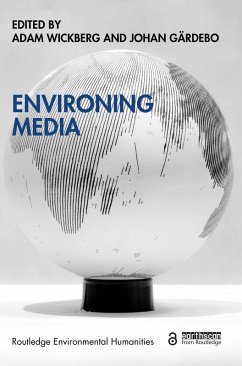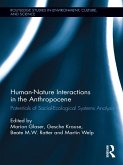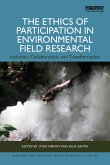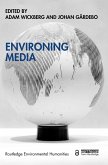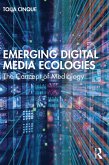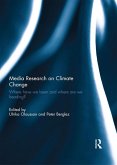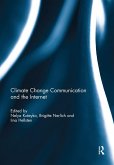Virtually all aspects of the interconnected global ecological crisis can be related to the intensification and acceleration of scaling up the human imprint on the planet by technological means. Combining ideas from the humanities, arts, and humanistic social sciences, Environing Media offers a perspective on how we entered the current geological epoch - the Anthropocene. The ten chapters explore colonial, planetary, and elemental environing media, with cases including indigenous history, ocean monitoring, computational history, climate modeling, environmental history, the air as medium, the biosphere, and the Earth system.
Drawing upon a breadth of examples and expertise in history, anthropology, geography, cultural history, science and technology studies, and media studies, the book discovers a novel approach to human-Earth histories that demonstrates how technologies have mediated between humans and environments and in the process contributed to a societal feedback loop between knowing and doing environment, each impacting the other. Environing Media is a timely addition for scholars and upper-level students in environmental humanities and media studies.
The Open Access version of chapters 1, 2, 3, 4, 5, 7, 8, and 9 are available at http://www.taylorfrancis.com/books/e/9781003282891. Chapters 1, 2, 4, 5, and 7 have been made available under a Creative Commons Attribution-Non Commercial-No Derivatives 4.0 (CC BY-NC-ND 4.0) license. Chapters 3, 8, and 9 have been made available under a Creative Commons Attribution (CC-BY 4.0) license.
Dieser Download kann aus rechtlichen Gründen nur mit Rechnungsadresse in A, B, BG, CY, CZ, D, DK, EW, E, FIN, F, GR, HR, H, IRL, I, LT, L, LR, M, NL, PL, P, R, S, SLO, SK ausgeliefert werden.

